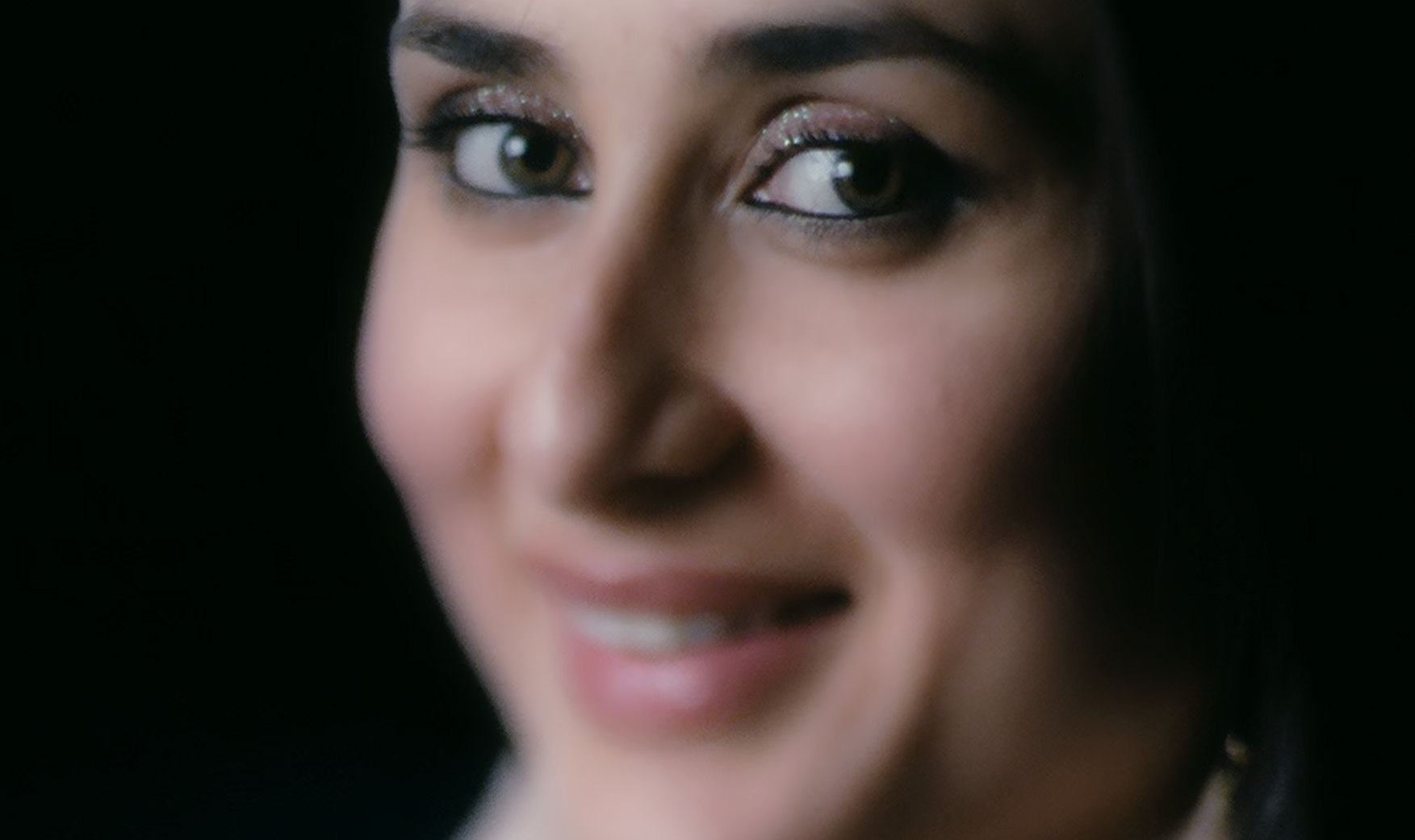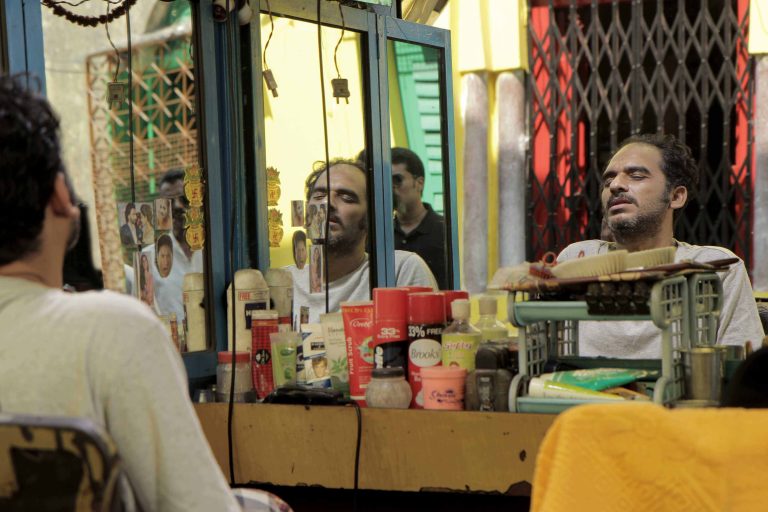The art of conceptualizing good thrillers is all about taking baby steps toward logic and the artful handling of earnest themes. But in a post-2000s scenario where titles like “Kahaani” (2012), “Johnny Gaddar” (2007), and even “Andhadhun” (2018) et al. have been changing the name of the game, things have definitely looked up. I advise all discerning viewers that watching a film like “Talaash” entails eluding a level of predictability, which can be achieved if you go in with a clean slate.
One suspenseful thread disclosed would mean the snapping of plot ropes too many. To our good fortune, there’s nothing much to fret and fume about Reema Kagti’s superlative directorial feature after her promising and peppy debut with “Honeymoon Travels Pvt. Ltd.” (2007). A significant advantage here is being privy to the performative immersion by the entire cast.
The sore point that sets this Bombay noir whodunit into motion is a sensationally shot car accident involving a top movie star (Vivan Bhatena) that rocks the City of Dreams. It’s then that conscientious cop Surjan Singh Shekhawat (Aamir Khan) is called in to investigate a series of moral skulduggery that comes with many unsavory revelations of his own, including the psychoanalytical background to his fascination towards this particular procedural.

Having lost his young son in a freak accident, Shekhawat’s practically a drowning man and splashes of his past have denuded his once halcyon marital life of its vigor. His better half, Roshni( Rani Mukherjee), belies her name, and her empty and, by turns, beautifully expressive eyes play the part of a mute communicator. Surjan/Suri is in a prominent stage of self-whiplashing as he blames his own callousness for his son’s untimely death while out on a picnic. His frayed nerves are all there for us to see, which is a testament to Mr. Khan’s intense performance.
Distancing himself from home further, he’s sucked into the vortex of a dark and lurid underbelly of Bombay. As the case progresses and sculpts one cliffhanger after another, the superstar’s mishap at sea and its strings intertwine with the city’s red-light hell-hole. It’s when the blanket of darkness falls, and the city and its vices exhale a life of their own in classic noir fashion.
These gritty portions show girls housed like petty beasts inside literal cages. At the same time, young women display themselves to men, up for auction to the highest bidder, reiterating the subhuman nature of the world’s oldest profession and society in general. It throws up, most importantly, the conventionally characterized but juiciest arcs centering around the streetwalking Rosy (Kareena Kapoor), who has a voice that’s a sweet lullaby to the ears and a heart that yearns to break free from the chafing bounds of her line of work.
A high-profile racket and a deeper can of worms open up as she enters the scene and into a platonic friendship with Surjan, enigmatizing him to great length. Then there’s Aditi Vasudev (of Do Dooni Char fame) as the rehabilitated woman still living in dire circumstances, constantly under suspicion and fear, while bonafide veterans Nawazuddin Siddiqui and Sheeba Chadha find rare sparks of mutual humanity within this larger marketplace where his limp and parentage and her aging arc meld poverty together with inescapable conditions common to both their present status. Yet they harbor the wish to escape to a better life outside their known perimeters. One escapes while another loses his way in the larger moral rut captured here.

So, while Surjan’s rationality clashes with his pensive wife’s mystical views about life and death, thanks to her seances with a compassionate neighbor (Shernaz Patel), a larger spiritual quandary awaits him. He is open to whispers and distant probes by his subordinates in the police force when it seems that his grief has greatly affected his mental health. The seaside then offers a shocking revelation to him, exposing Rosy’s brutal encounter with three men who use their wealth and gender to discard her on the streets of the city. By those preceding yardsticks, the climactic portions are definitely not a cop-out, pun unintended. Chances are that the Sixth Sense-like twist in the tale will unshackle a lot of knotted ends for discerning viewers.
Steering this ship is Aamir, who, with his handlebar mustache, frown, and uber-serious comportment, habituates himself in his territory of a fractured soul overseeing a morally ambiguous world around him. There are tantalizing questions that “Talaash” deals with, and the inevitability of fate is one of them. The politics around untimely death pits the dynamics of a child on a lake and a lady of the night by the sea in dual modes of tragedy.
The breezily silken retro tune of “Muskaane Jhoothi Hai (The Smiles are Fictitious)” at the very beginning of “Talaash” puts things in perfect perspective. It is a cut above run-of-the-mill stuff, and in a climate where churning out recycled tropes is the norm, its atmospherics and emotional resonance are aided by welcome shares of realism. It is no hyperbole to call it a modern classic.



![Atrangi Re [2021] Review: A Bland and Problematic Film Discussing Indian View of Mental Health](https://79468c92.delivery.rocketcdn.me/wp-content/uploads/2021/12/Atrangi-Re-Movie-Review-2-768x464.png)

![Andhadhun Netflix [2018] Review: An Ace Thriller from Sriram Raghavan’s Stable](https://79468c92.delivery.rocketcdn.me/wp-content/uploads/2019/08/Andhadhun-featured-768x432.jpg)
![Verónica [2017]: Scariest Movie Ever, My Ass!](https://79468c92.delivery.rocketcdn.me/wp-content/uploads/2018/03/veronica-768x432.jpg)